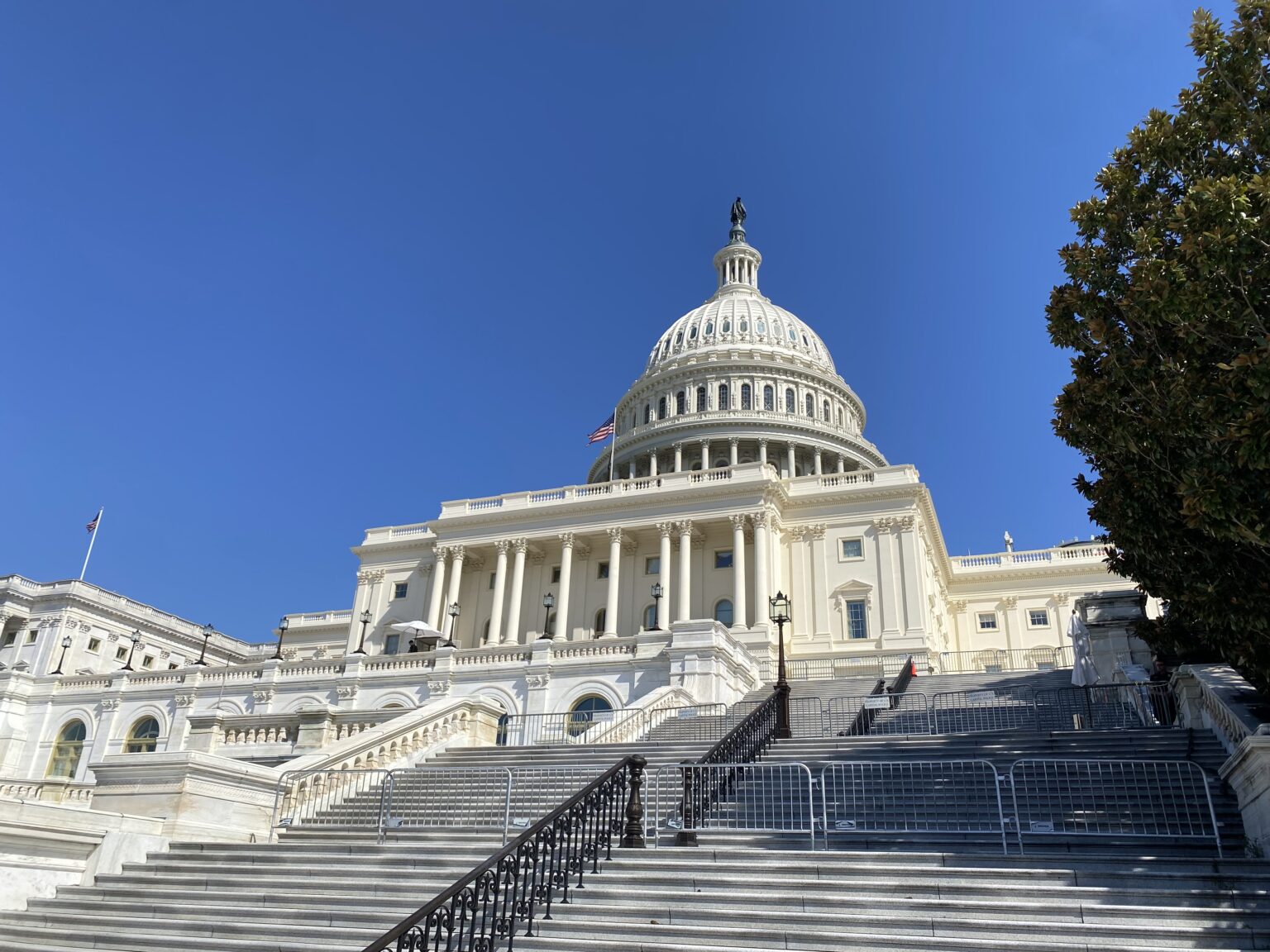
New Funding Restrictions Stir Controversy in the House
The U.S. House of Representatives, under the leadership of the Republican chair of the Appropriations Committee, recently enacted changes to funding policies that prevent earmarked funds from being allocated to certain organizations. This move comes after a controversy last year involving the allocation of funds to three LGBTQ projects during the annual government funding process, which sparked intense debates among House Republicans. These changes specifically affect nonprofits included in the Transportation-HUD appropriations bills, marking a significant shift in how funds are distributed to community projects.
Implications of the Policy Shift on Community Projects
The new guidelines introduced by Chairman Tom Cole of Oklahoma aim to align project funding more closely with national goals for community development, moving away from previous practices. This change has drawn criticism, particularly from Democrats such as Connecticut Representative Rosa DeLauro, who argue that this policy shift could potentially cut off crucial funding to a variety of nonprofit organizations that benefit communities, including YMCAs and Boys & Girls Clubs. DeLauro has expressed concerns that these changes may disproportionately impact projects intended to support the LGBTQ+ community, as well as other vulnerable groups.
Impact on LGBTQ Projects and Legislative Response
The controversy initially arose from the funding of specific LGBTQ projects, including initiatives for LGBTQ senior housing and transitional housing programs, which were included in last year’s funding bills but faced opposition during the legislative process. Although the Senate may still choose to fund such projects, the House’s new rules reflect a broader trend of legislative measures affecting LGBTQ rights and visibility. These funding debates not only highlight the polarized views in Congress but also underscore the ongoing struggle for LGBTQ advocacy groups to secure federal support for community-enhancing projects.



